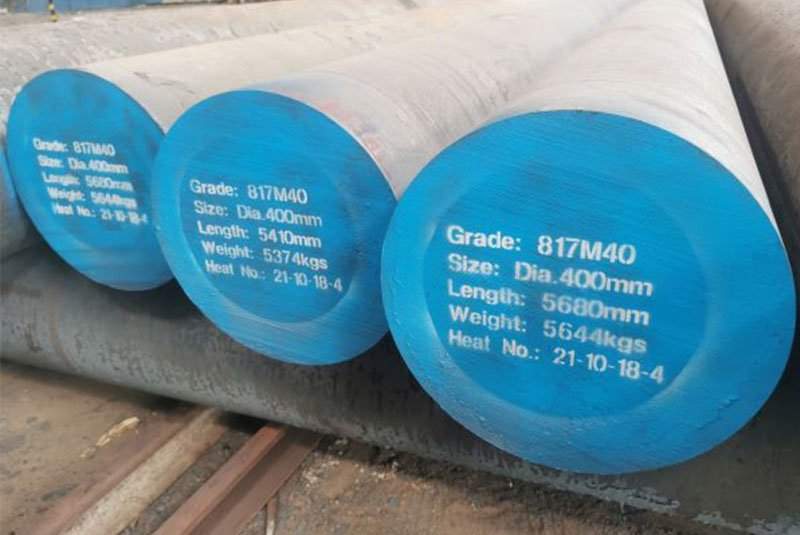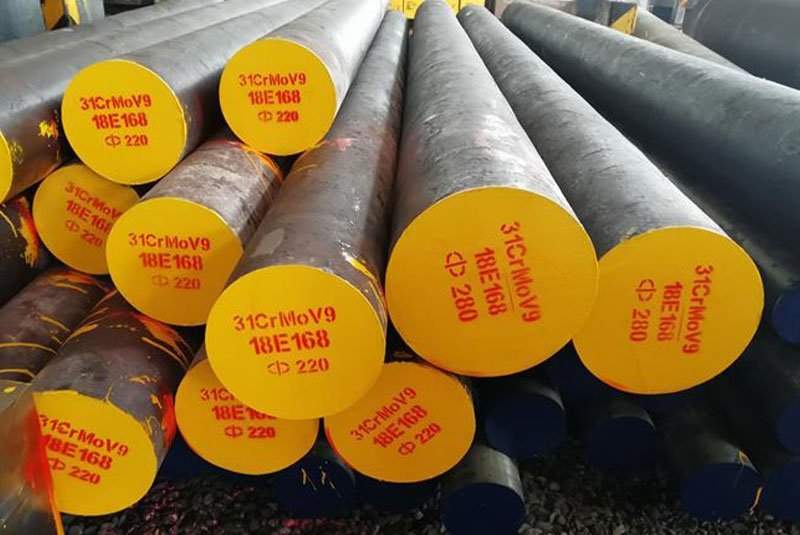Welcome to My Blog!
Before we dive into the content, I’d love for you to join me on my social media platforms where I share more insights, engage with the community, and post updates. Here’s how you can connect with me:
Facebook:https://www.facebook.com/profile.php?id=100085401406977
LinkedIn:https://www.linkedin.com/showcase/102680001/admin/dashboard/
Now, let’s get started on our journey together. I hope you find the content here insightful, engaging, and valuable.
Introduction

Alloy steel is a critical component in various industrial applications due to its enhanced properties over traditional carbon steel. Composed of iron combined with a variety of elements, alloy steel offers improved strength, toughness, and wear resistance. This guide explores the different types of alloy steel, their compositions, and their applications, providing valuable insights for engineers, manufacturers, and anyone interested in understanding this versatile material.
Understanding Alloy Steel
Alloy steel is classified based on the types and amounts of alloying elements present. These elements can include manganese, chromium, nickel, molybdenum, vanadium, and others, which contribute to the material’s properties. The primary categories of alloy steel are low alloy steel and high alloy steel.
Low Alloy Steel
Low alloy steel typically contains less than 5% of alloying elements. These steels offer a good balance of strength, toughness, and weldability, making them ideal for a variety of applications.
Common Types of Low Alloy Steel
- AISI 4140: A chromium-molybdenum alloy steel known for its high strength and toughness.
- AISI 4130: Widely used in the oil and gas industry, this steel is known for its good weldability and machinability.
High Alloy Steel
High alloy steel contains more than 5% alloying elements, resulting in enhanced properties. These steels are typically more resistant to corrosion and wear.
Common Types of High Alloy Steel
- AISI 304: Austenitic stainless steel known for its excellent corrosion resistance.
- AISI 316: Similar to 304 but with added molybdenum for better corrosion resistance in marine environments.
Properties of Alloy Steel
The properties of alloy steel vary significantly based on its composition. Below are some common characteristics that define different types of alloy steel:
Strength and Hardness
Alloy steels are known for their high strength and hardness, which make them suitable for demanding applications in construction, automotive, and machinery.
Toughness
Toughness is the ability of a material to absorb energy and deform without fracturing. Alloy steels often exhibit enhanced toughness compared to carbon steels, especially in low-temperature environments.
Corrosion Resistance
Certain alloy steels, particularly high alloy variants, provide excellent resistance to corrosion, making them ideal for use in harsh environments.
Applications of Alloy Steel
Different types of alloy steel are used in a variety of industries, each tailored to specific applications:
- Construction: Used for beams, columns, and reinforcement bars.
- Automotive: Critical components such as gears, axles, and crankshafts.
- Oil and Gas: Pipes, fittings, and valves that require high strength and corrosion resistance.
Table of Common Types of Alloy Steel
| Type | Composition | Properties | Applications |
|---|---|---|---|
| AISI 4140 | Cr, Mo | High strength, good toughness | Automotive, machinery |
| AISI 4130 | Cr, Mo | Good weldability, moderate strength | Oil & gas, aerospace |
| AISI 304 | Ni, Cr | Excellent corrosion resistance | Food processing, medical |
| AISI 316 | Ni, Cr, Mo | Superior corrosion resistance | Marine, chemical processing |
| AISI 8620 | Ni, Cr, Mo | Good hardenability, ductility | Gears, shafts |
How to Choose the Right Type of Alloy Steel

When selecting the appropriate type of alloy steel for your project, consider the following factors:
- Application Requirements: Identify the specific requirements for strength, toughness, and corrosion resistance.
- Weldability: Ensure the chosen alloy steel can be welded easily if fabrication is required.
- Cost Considerations: Weigh the cost of the alloy steel against its performance benefits for your application.
Conclusion
Understanding the types of alloy steel and their respective properties is essential for making informed decisions in various industrial applications. From low alloy steels offering strength and toughness to high alloy steels providing superior corrosion resistance, each type serves a unique purpose. By evaluating your project requirements and the characteristics of different alloy steels, you can select the right material for optimal performance.
FAQ
What are the main types of alloy steel?
The main types of alloy steel include low alloy steel (like AISI 4140 and 4130) and high alloy steel (like AISI 304 and 316).
How does alloy steel differ from carbon steel?
Alloy steel contains additional elements that enhance its properties, whereas carbon steel primarily consists of iron and carbon.
What are the benefits of using alloy steel in construction?
Alloy steel offers improved strength, toughness, and resistance to wear and corrosion, making it ideal for structural applications.
Can alloy steel be welded?
Yes, many types of alloy steel can be welded, but it’s essential to select the right type for your specific welding process.
What industries commonly use alloy steel?
Alloy steel is used in various industries, including construction, automotive, oil and gas, and aerospace.
How should alloy steel be stored?
Alloy steel should be stored in a dry environment to prevent corrosion and damage.
Is alloy steel more expensive than carbon steel?
Generally, alloy steel is more expensive than carbon steel due to the additional alloying elements and processing required.
Can alloy steel be heat treated?
Yes, many types of alloy steel can be heat treated to enhance their properties further.
What factors influence the choice of alloy steel?
Factors include application requirements, mechanical properties, corrosion resistance, and cost considerations.
How can I learn more about specific types of alloy steel?
Consulting material datasheets, industry guidelines, and experts in metallurgical engineering can provide more detailed information on specific alloy steels.
